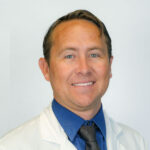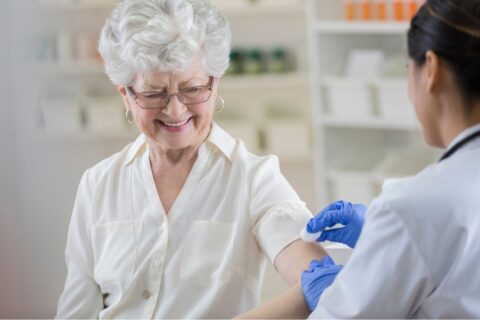How to Prevent Heatstroke
Summer is here! This season signals a time for outdoor fun and leisure, but anyone who’s lived here for even one summer knows the heat can be outrageous. The combination of temperature and humidity are enough to make the most seasoned Floridian pause.
Heatstroke is a serious concern when we get in the midst of Florida’s summer, so it’s important to know the causes, symptoms, prevention, and treatments.
Heatstroke Causes and Symptoms
Heatstroke is caused when the body gets overheated. This is typically the result of prolonged exposure to high temperatures, as well as physical exertion in these conditions. Heatstroke can happen if your core body temperature rises to 104 F (40 C) or higher.
Here are some additional causes. These actions should be minimized or avoided in hot weather:
- Strenuous activity. Exercising or working in hot weather needs to be moderated with regular breaks and hydration.
- Wearing excess clothing. This prevents you body from cooling itself efficiently.
- Drinking alcohol. Alcohol hinders your body’s ability to regulate its temperature.
- Insufficient hydration – when outdoors you should have water nearby at all times.
There are several signs of heatstroke. Here are some things to look out for and be aware of:
- Slurred speech, confusion, irritability, and seizures, are early signs of heatstroke.
- In heatstroke brought on by hot weather, your skin will feel hot and dry to the touch.
- In heatstroke brought on by strenuous exercise, your skin may feel dry or slightly moist.
- Nausea, vomiting, headaches, flushed skin, racing heart rate, and rapid breathing are all symptoms of heatstroke.
Prevention and Treatment of Heatstroke
Heatstroke can happen to anybody. While the heat isn’t necessarily avoidable, there are things that you can do to manage it.
Here are some things you should know that can help you prevent heat stroke:
- Age increases your risk. In the very young and very old, the central nervous system is not at full strength. Both age groups also have difficulty remaining hydrated, which also increases risk.
- Exertion in hot weather puts you at immediate risk. Know your physical capabilities and hydration needs. Wear loose-fitting, lightweight clothing, and protect yourself against sunburn.
- Sudden exposure to hot weather can trigger a more unexpected heat stroke. It’s important to acclimate to changes in temperature.
- We rely on air conditioning more than we might realize. Fans can help, but during long periods of hot weather, air conditioning is the most effective way to cool down and lower humidity.
- Certain medications affect your ability to respond to heat and stay hydrated. Ask your doctor if any of your medications narrow blood vessels, regulate blood pressure, rid your body of sodium and water, or reduce psychiatric symptoms. Some of these medication types can put you at further risk.
- Certain health conditions put you at higher risk. Heart or lung disease, obesity, or having a history of previous heat stroke all contribute to your vulnerability.
Heatstroke cases require emergency treatment. If untreated, the effects of heatstroke can damage your brain, heart, kidneys, and muscles. The damage becomes worse if treatment is delayed, and it can increase the risk of serious complications and even death. If you believe someone is experiencing a heatstroke, call 911 to seek medical help.
Here are some things you can do to help while you wait for emergency services:
- Take steps to cool the person who is overheated. This includes getting them inside, removing unnecessary clothing, and placing water or cold objects on their head, neck, groin, and armpits.
- If the person is able to drink liquids, give them cool water or other cold beverages that do not contain alcohol or caffeine.
- Monitor body temperature with a thermometer and continue cooling efforts until the body temperature drops to 101 to 102 F (38.3 to 38.8 C).
Have fun this summer, but stay safe.
BHA is a partner aimed at Advancing Community Health. If you’re looking for a new primary care physician, women’s health practitioner, or pediatrician please visit our website for a list of locations and services provided throughout Brevard County. Brevard Health Alliance is Brevard County’s only Federally Qualified Health Center.

















































































































































